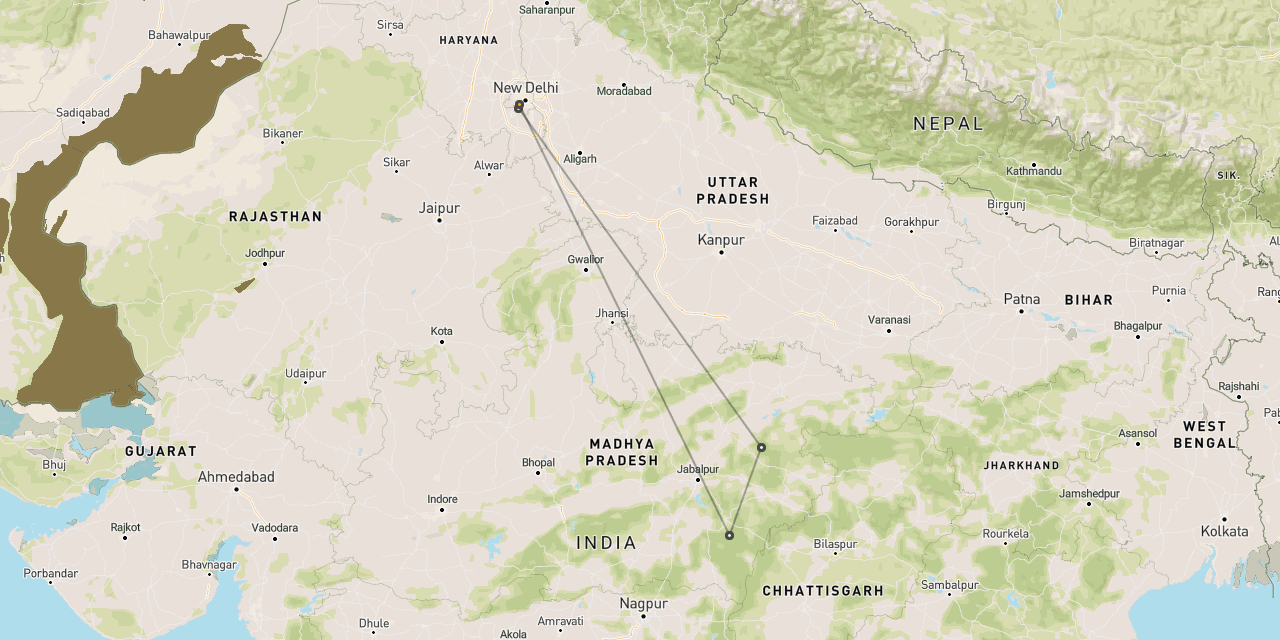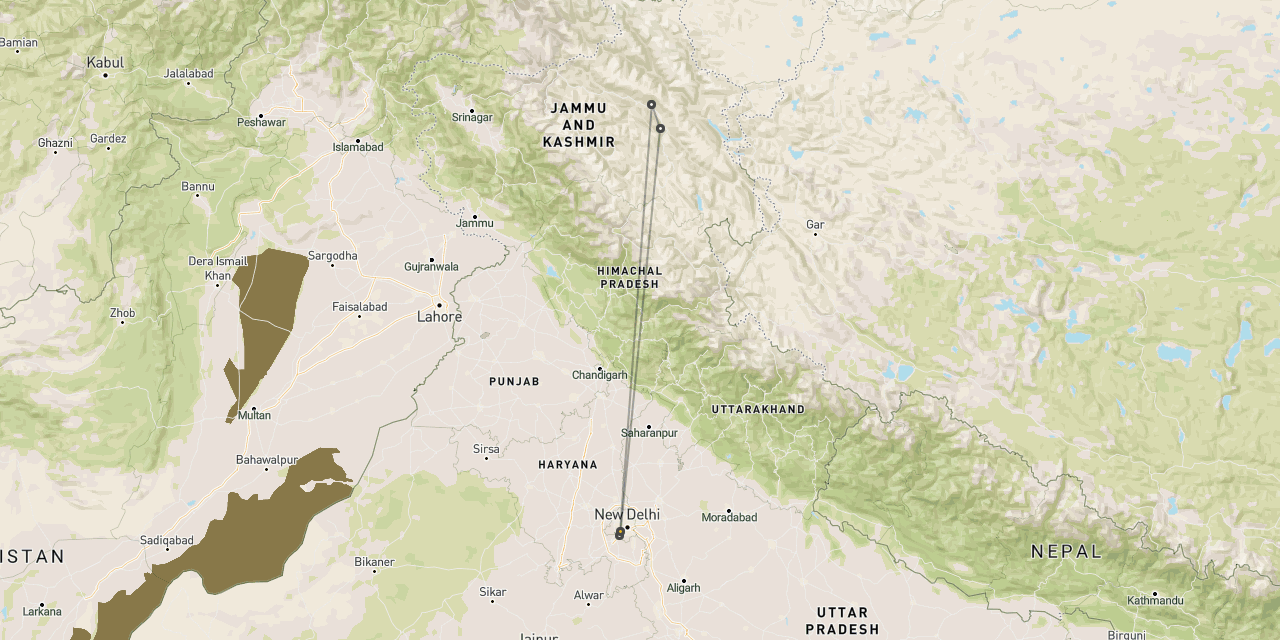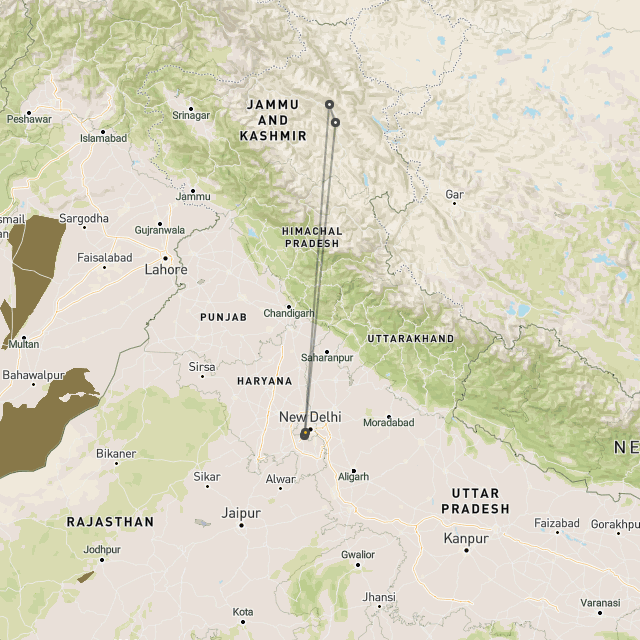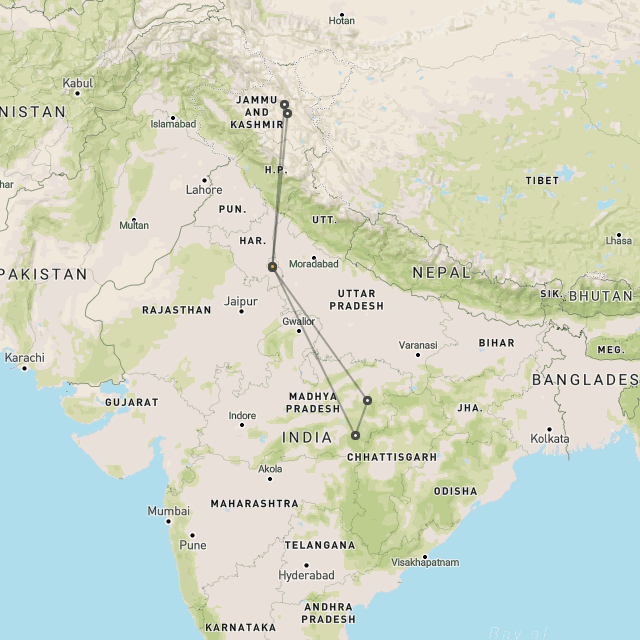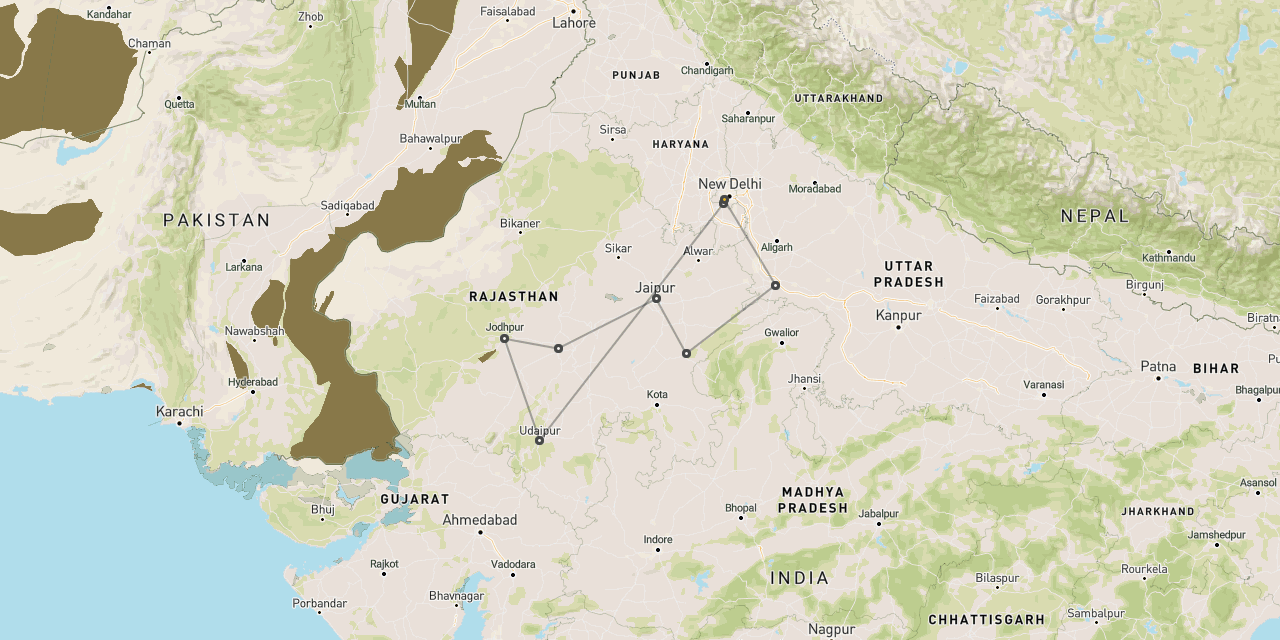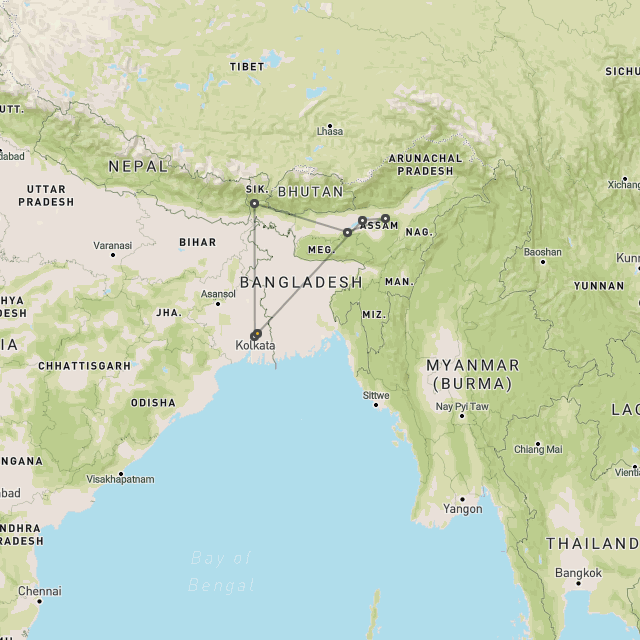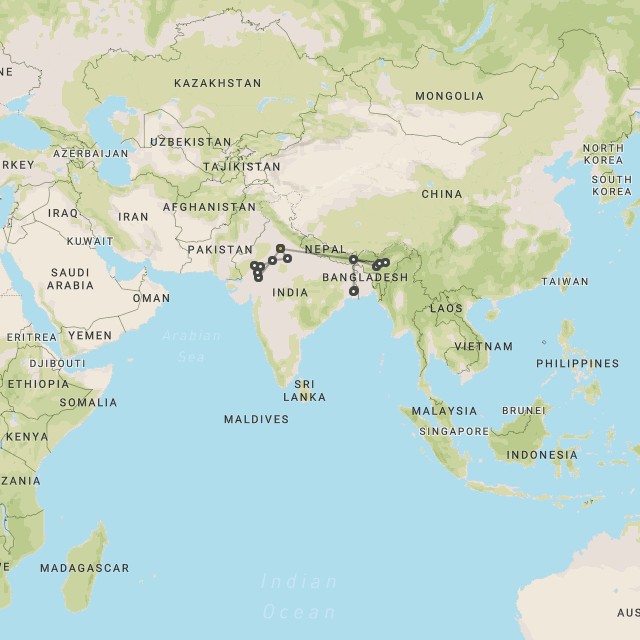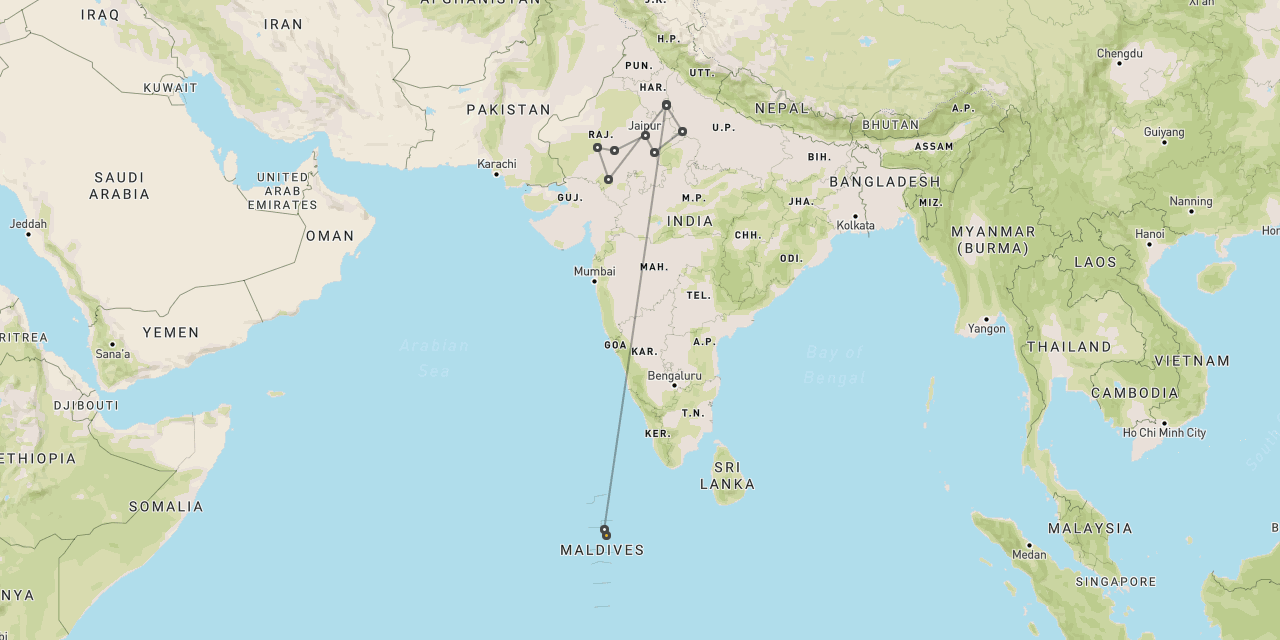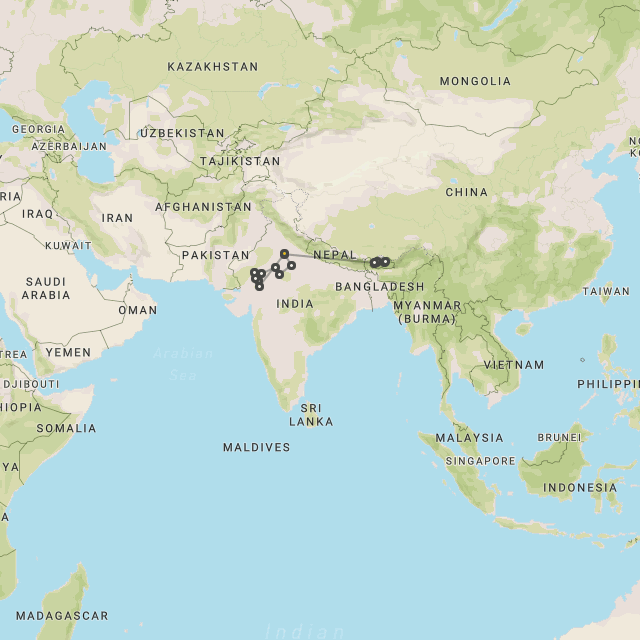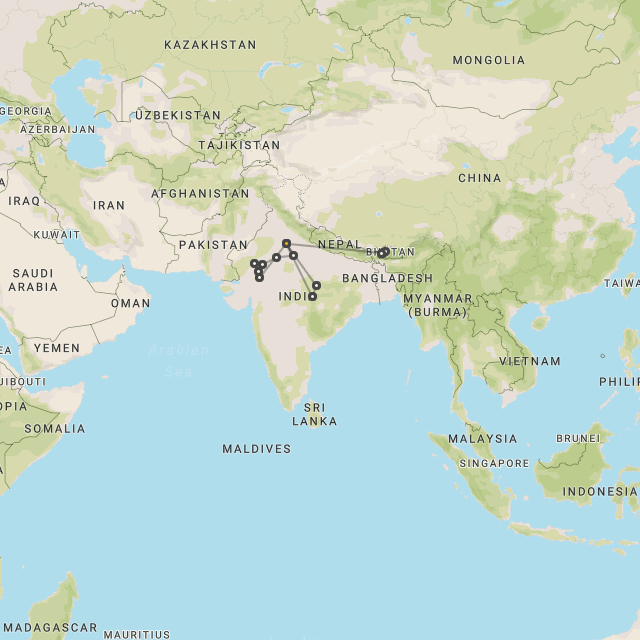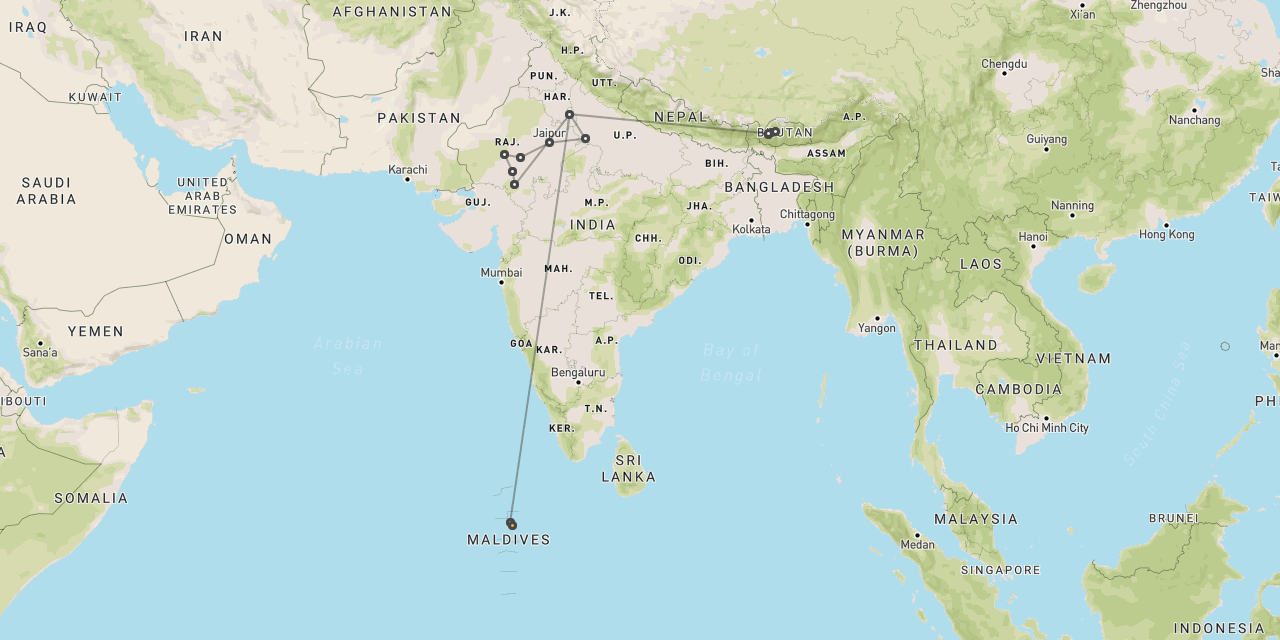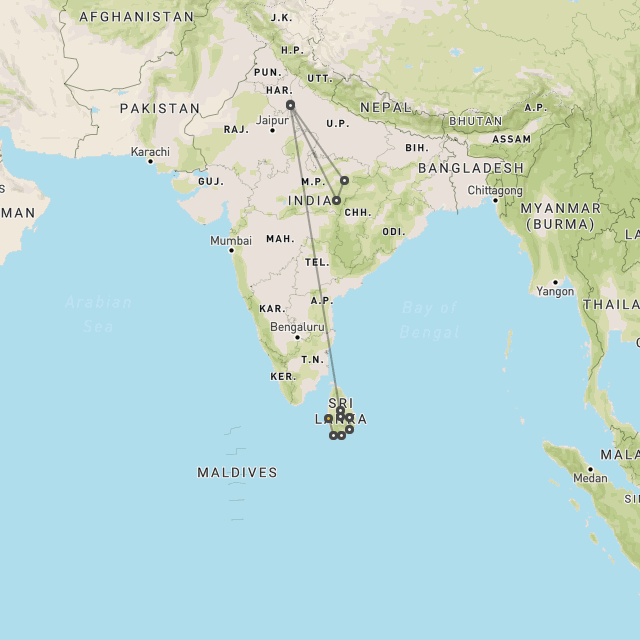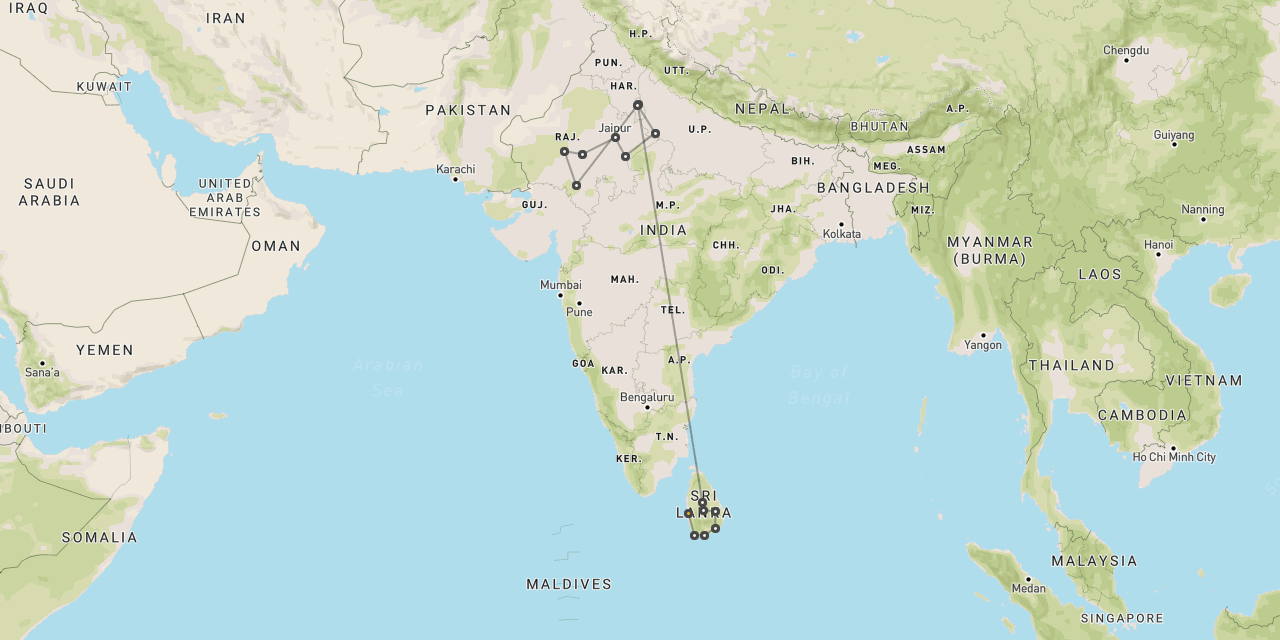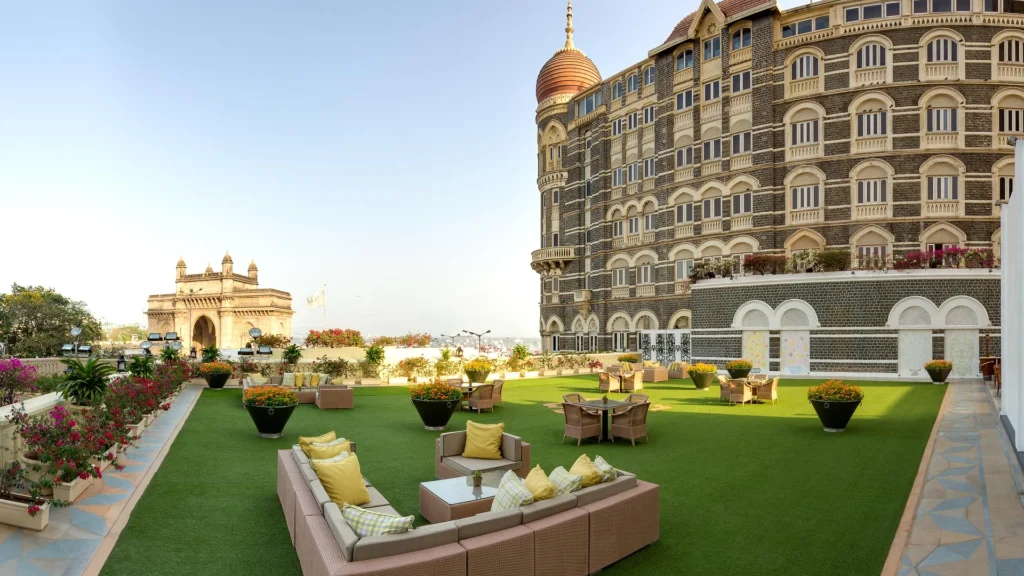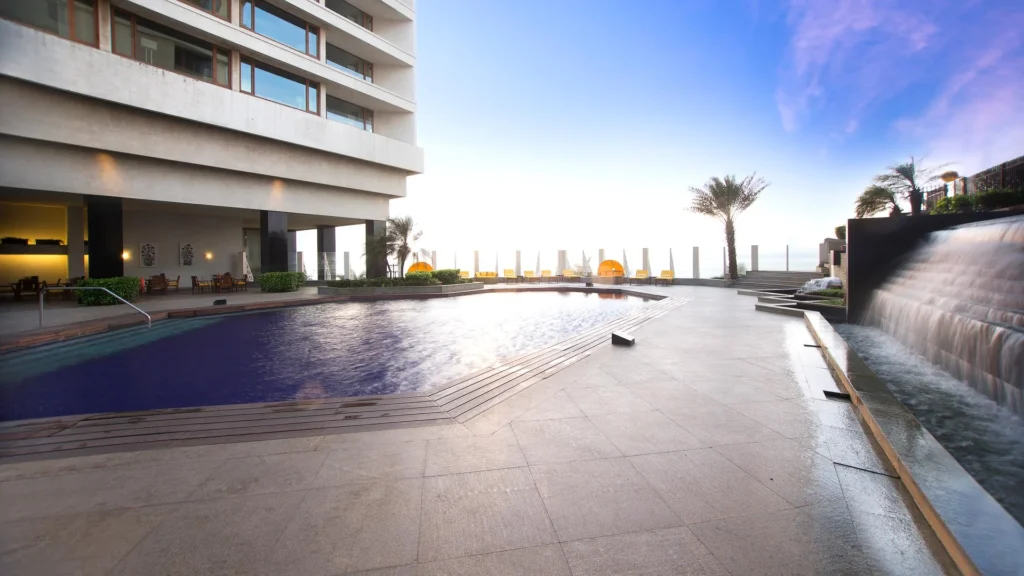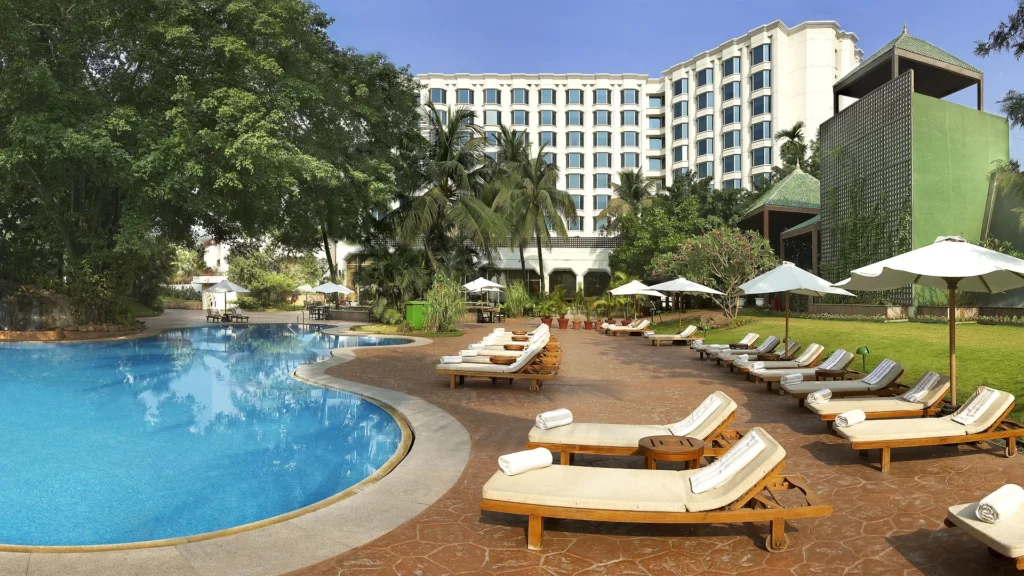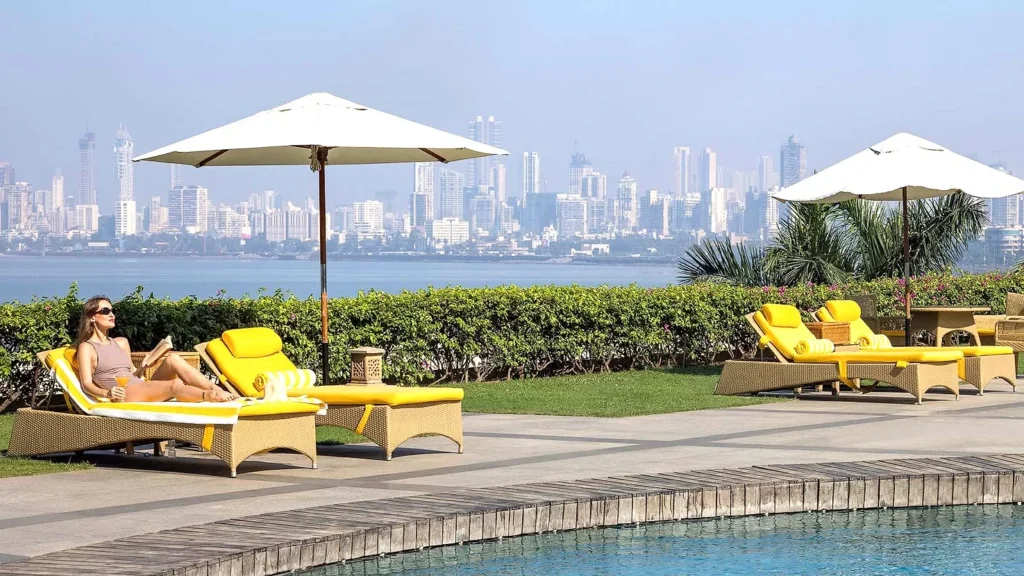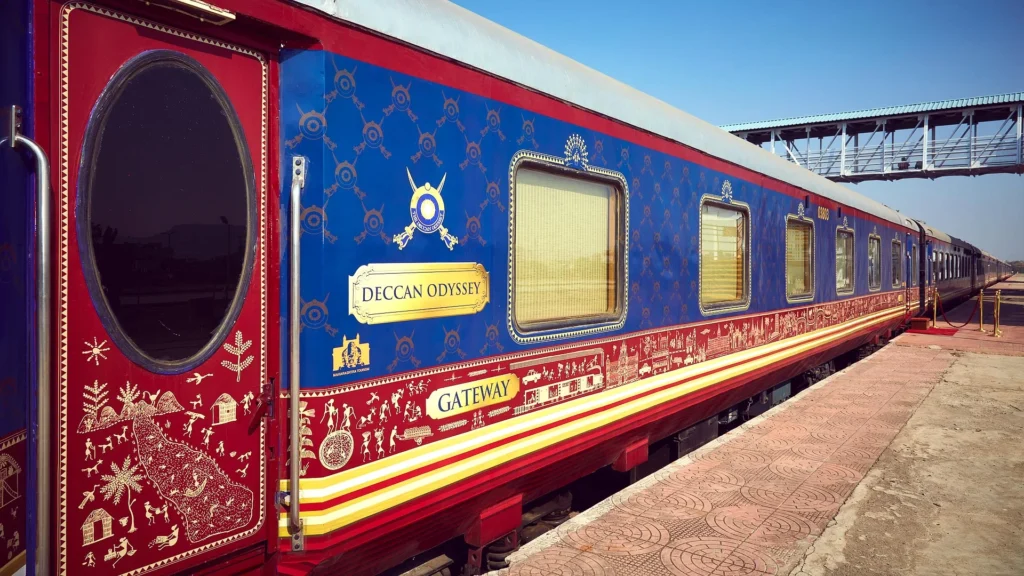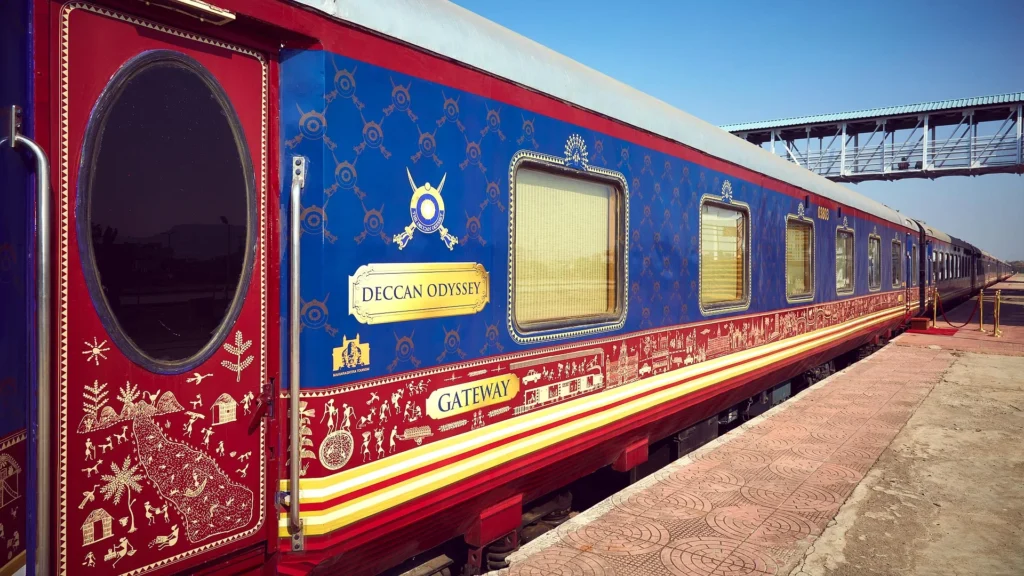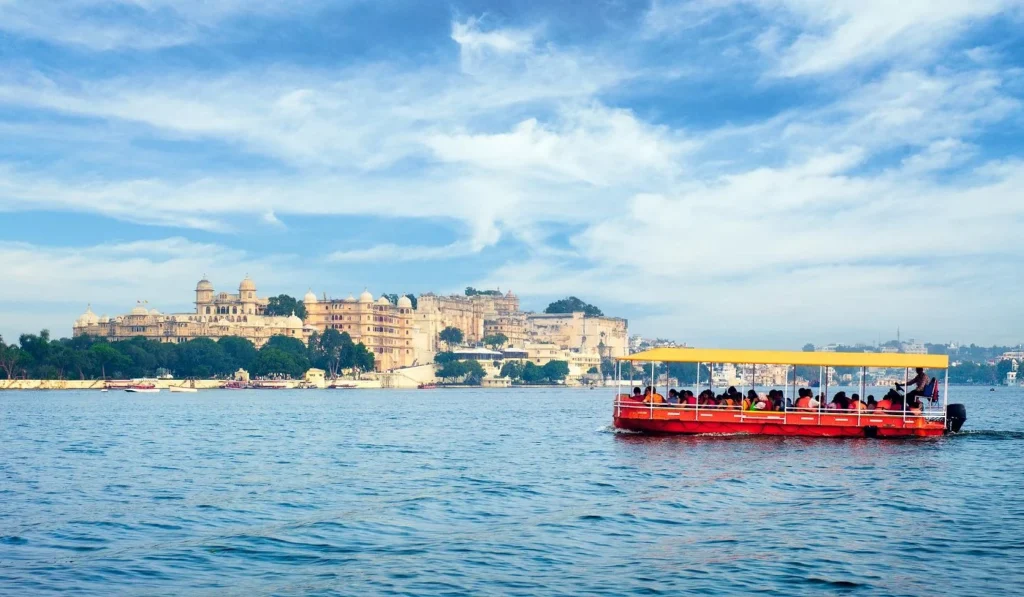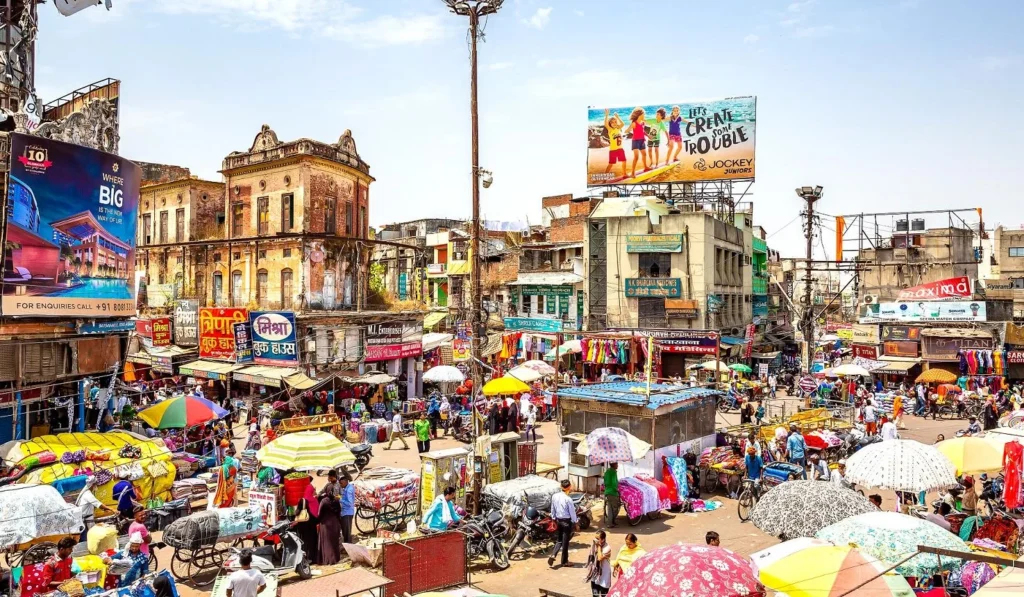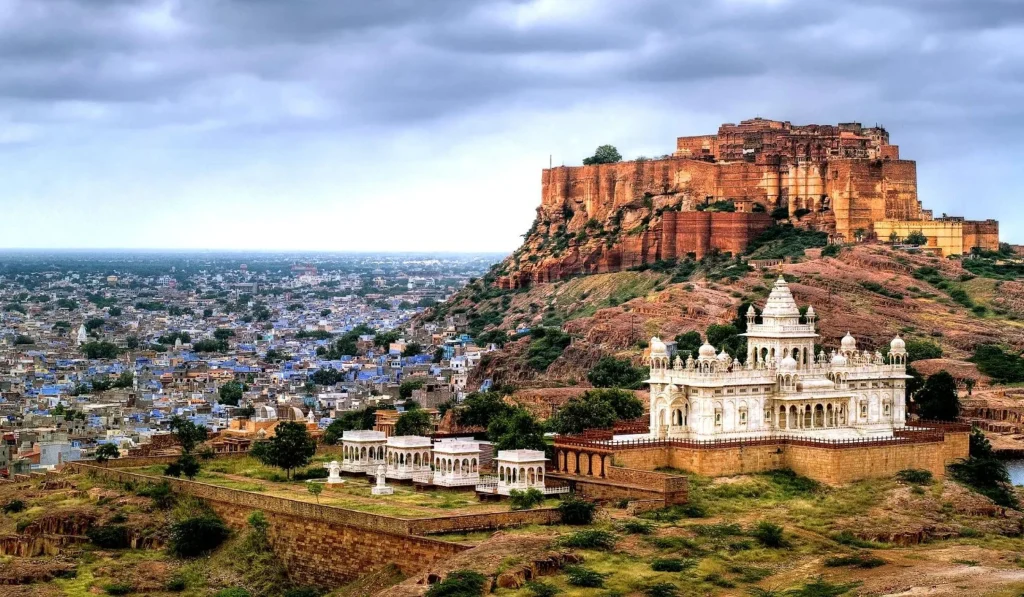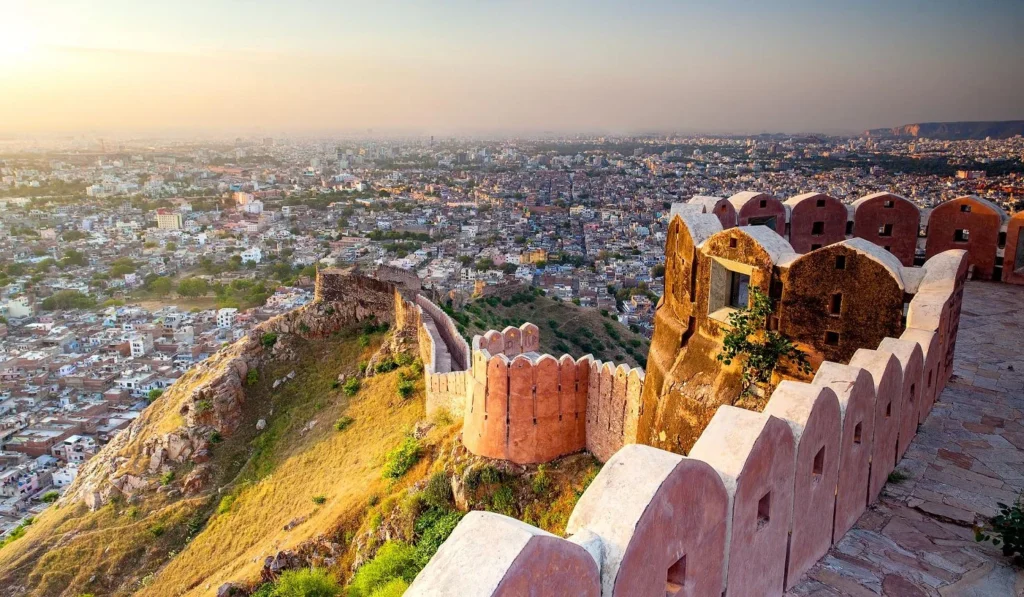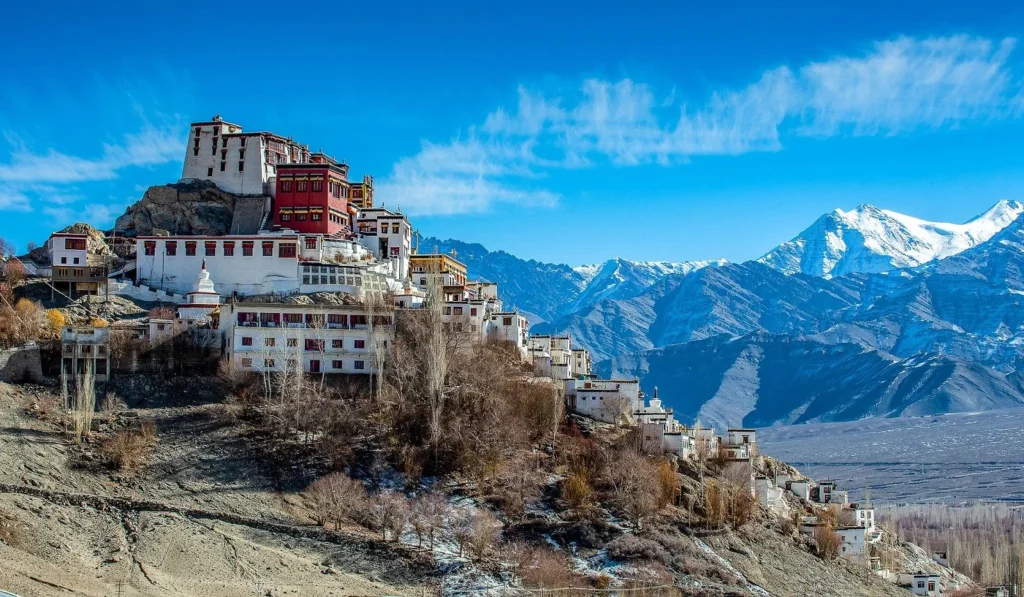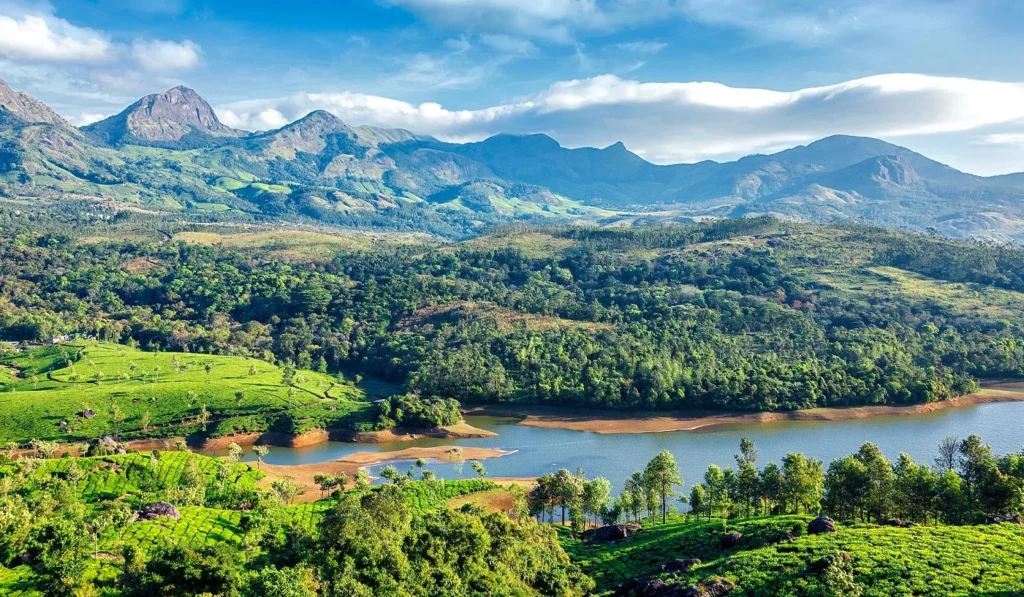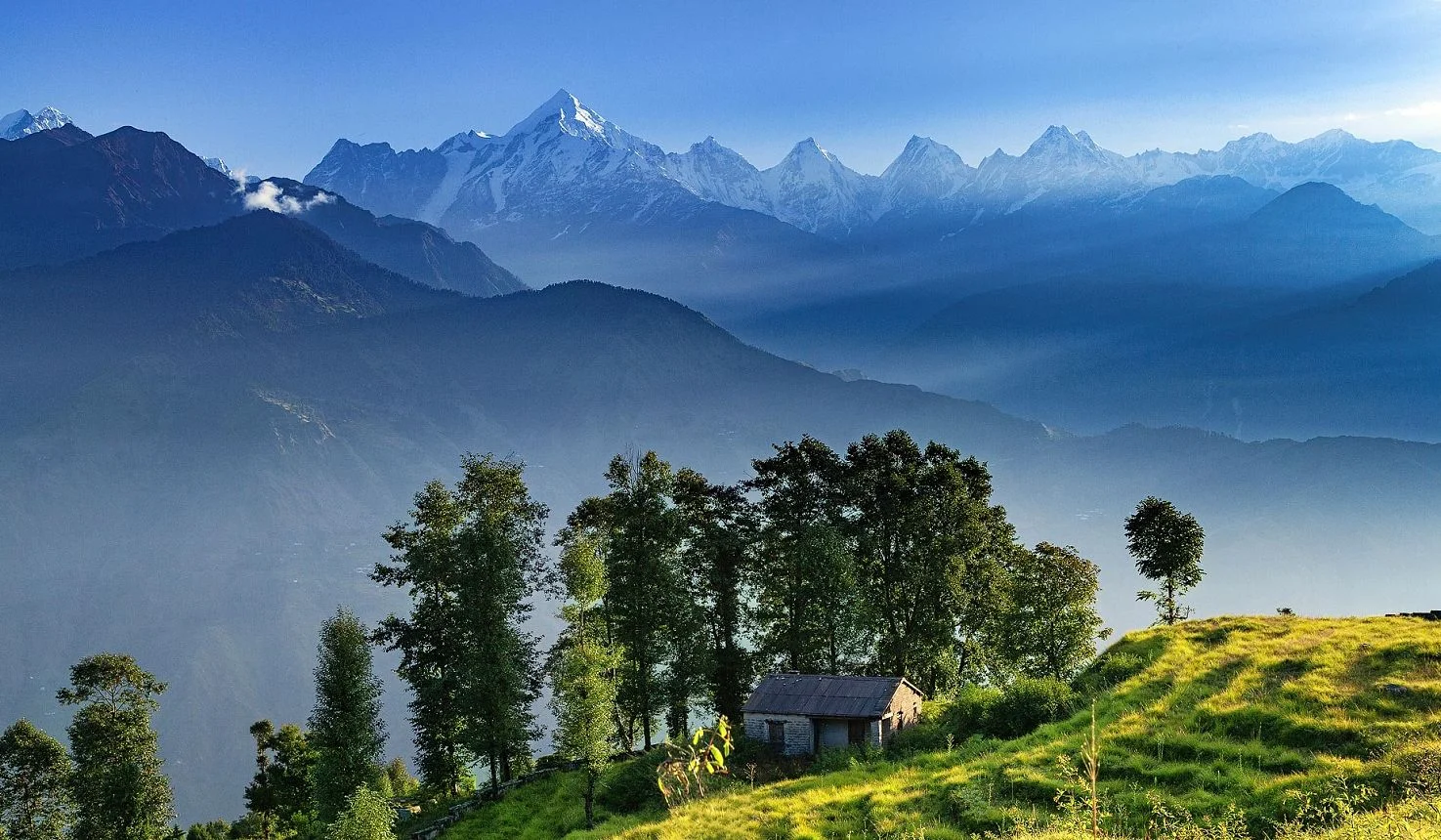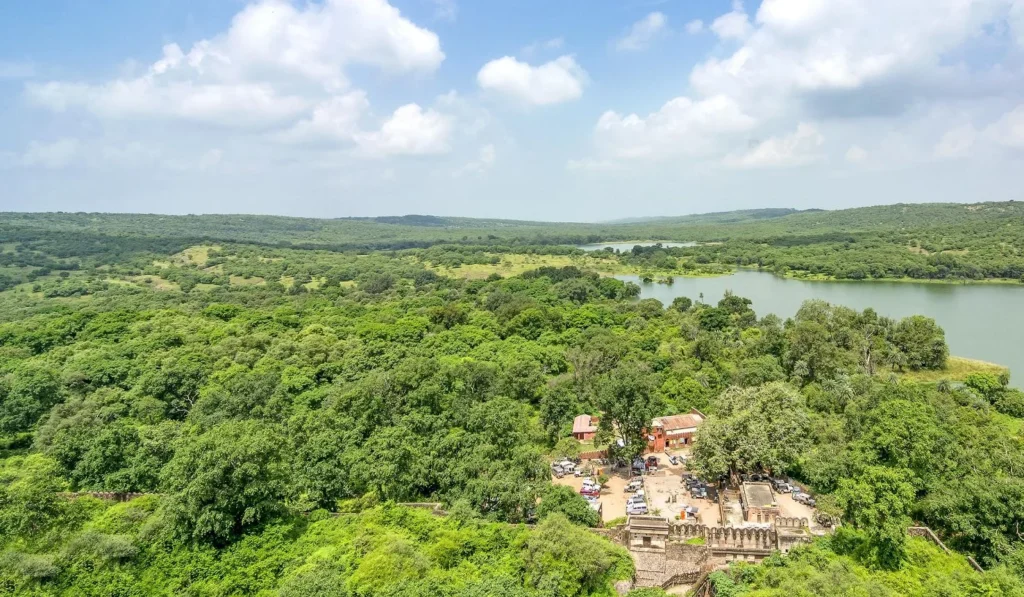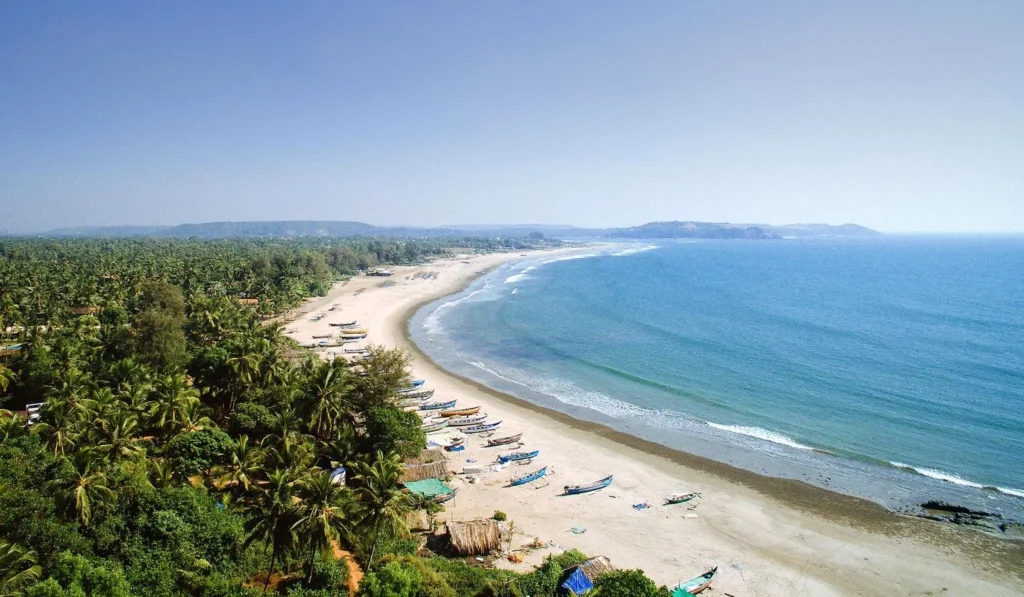
Travel to Mumbai
Mumbai
is a hive of humanity
in northwest India

a vast and sprawling metropolis
Mumbai is located on the northwest coast of India, roughly 1200km (750 miles) south of Delhi and 400km (250 miles) north of Goa.
Known up to 1995 as Bombay, the modern city of Mumbai is the largest in India (roughly equally with Delhi) and the seventh largest city in the world, with a population of around 20 million people.
The city is set on a cluster of seven islands and the surrounding mainland, centred around a large natural harbour.
The history of Mumbai goes back thousands of years, it being one of several ports along this coastline which linked the inland kingdoms of Rajasthan and Central India to trade throughout the Indian Ocean.
In 1534, under threat of invasion by the Mughals, local leaders signed a treaty with the Portuguese, who increasingly took control of the coast. In 1661, the marriage of King Charles II to Portuguese princess Catherine of Braganza saw control of the islands pass to the British crown, who subsequently leased them to the English East India Company in 1668.
A major land reclamation and redevelopment project in the 1840s saw Bombay emerge as a major trading port, followed by the construction of some truly impressive colonial edifices.
Bombay was one of the epicentres of the independence movement in the 1940s and has since grown into an extraordinary economic powerhouse, accounting for 25% of the total industrial output and 70% of maritime trade in India.
Modern Mumbai is a vast and frantic place, an incredible hive of human activity. It is a place of huge contrasts, from the graceful architecture grandeur of the colonial centre, to the incredible wealth of the financial centres, to the desperate poverty of the endless slums, all sharing the same interminable traffic gridlock.
This cosmopolitan metropolis is also home to the famous Bollywood film industry and it is sometimes possible to visit the sets to see a movie being shot.
Many international visitors are obliged to transit through the international airport at Mumbai and most find a reason to stay for at least a couple of nights, in order to explore this remarkable city.

Gallery
Map
The best time of year to visit the Mumbai area is generally considered to be during Oct-May, although there are considerable climatic variations over that period.
Oct
October is the transition period between the end of the monsoon rains and the start of the cool dry season.
During October the daytime temperatures usually rise to around 33C/91F, whilst the nighttime low temperatures hold up around 23C/73F. However the rainfall is much lower, dropping to around 75mm (3”) during the month. Sunshine is around 8 hours per day (around 70% of daylight hours), meaning that skies are quite often clear.
October usually hosts the glamourous Mumbai International Film Festival.
Nov-Feb
Nov-Feb is the main cool dry season.
During Nov-Feb the daytime temperatures usually rise to around 31C/88F, whilst the nighttime low temperatures plunge to around 18C/64F. Rainfall remains quite low, at around 25mm (1”) per month. Sunshine is around 9 hours per day (around 80% of daylight hours), meaning that skies are usually clear.
The Elephanta Festival takes place in February, with classical music and dancing taking place in front of the Gateway of India.
Mar-May
Mar-May is the hot season, the often uncomfortable build-up to the main monsoon.
During Mar-May the daytime temperatures can climb steeply to around 33C/91F, whilst the nighttime low temperatures are up around 24C/75F. Rainfall remains low, increasing from almost nothing in March to around 25mm (1”) in May. Sunshine is around 9 hours per day (around 85% of daylight hours), indicating that showers tend to be occasional, set against a usually clear sky.
Jun-Sep
Jun-Sep is the main monsoon season and is generally considered to be the least favourable time to visit
During Jun-Sep the daytime temperatures drop off slightly to around 30C/86F, whilst the nighttime low temperatures remain up at a stifling 25C/71F. Rainfall climbs to an extremely high 550mm (22”) per month. Sunshine drops to around 3 hours per day (around 25% of daylight hours), meaning that skies are very often heavily overcast.
Late August or early September witnesses the ten day Ganesh Chaturthi Festival, with various ceremonies and celebrations, reaching a crescendo with a major parade.
Getting there
The Mumbai area can be accessed in a number of different ways…
By air
The main international airport in Mumbai (BOM) is located 15km to the north of the main waterfront area…
Terminal 1 : Domestic connections
Terminal 2 : International and domestic connections
By luxury train
Along with Mumbai, Delhi is one of the two the primary hubs for luxury train services in India, which usually operate out of New Delhi Station…
Train : Deccan Odyssey
- Indian Odyssey : 7 nights : Delhi to Mumbai
- Indian Sojourn : 7 nights : Mumbai to Delhi
- Maharashtra Splendor : 7 nights : Mumbai to Mumbai
- Jewels of the Deccan : 7 nights : Mumbai to Mumbai
- Maharashtra Wild Trail : 7 nights : Mumbai to Mumbai
- Hidden Treasures of Gujarat : 7 nights : Mumbai to Mumbai
Train : Maharaja’s Express
- Treasures of India : 3 nights : Delhi to Delhi
- Indian Panorama : 6 nights : Delhi to Delhi
- Indian Splendour : 6 nights : Delhi to Mumbai
- Heritage of India : 6 nights : Mumbai to Delhi
Train : Palace on Wheels
- Palace on Wheels : 7 nights circuit : Delhi to Delhi
By train
Mumbai Central Station is located 4km north of the main waterfront area and is the terminus usually used by most luxury train services.
By road
The Mumbai area is rarely connected to the rest of the country by road, since it’s a very long way to the main places of interest. It is far more common to fly to another location (notably Udaipur or Delhi) before starting a road trip.
Where to stay
Unfortunately the range of accommodation in Mumbai is rather limited, with a distinct shortage of decent boutique hotels. Most likely you will end up choosing from one of several very large and rather conventional city hotels, or the historically notable Taj Mahal Palace Hotel.
a challenging but truly fascinating place to explore
let us know your thoughts about India
and we will help you create the perfect trip

Extraordinary tailor-made adventures,
from earthy and edgy to easy and extravagant
From around USD 2500 per person, you set the ceiling
Sample Trips
Here are some of our popular trip shapes
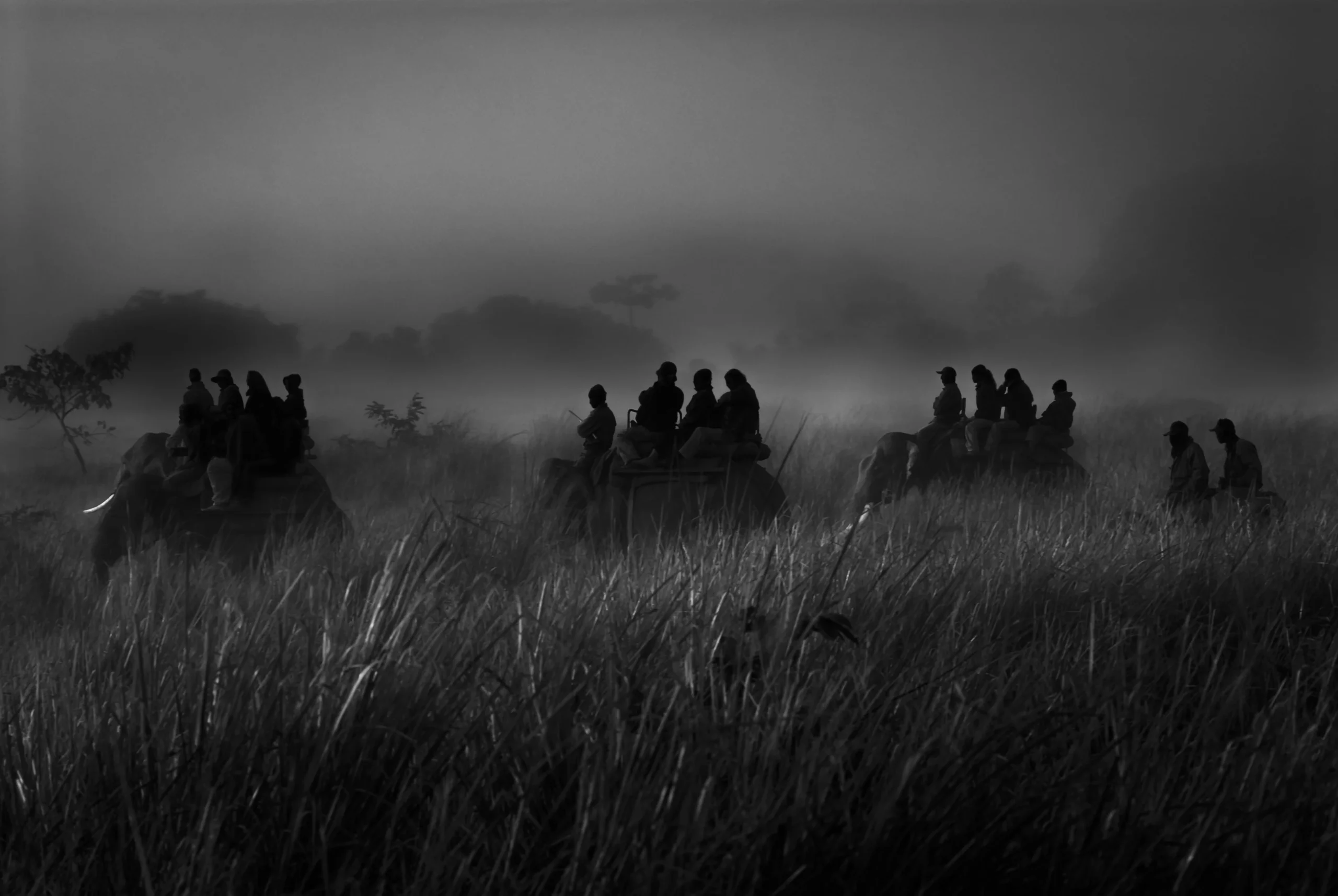
Get started on your trip
It’s never too soon to get in touch, we are here to help with every stage of your planning.
Best Lodges
We regularly inspect and photograph all of the the best lodges, to ensure that we always recommend the most suitable options
Key Locations
Take a look around related locations. Click ‘View more’ to explore locations further afield.




















